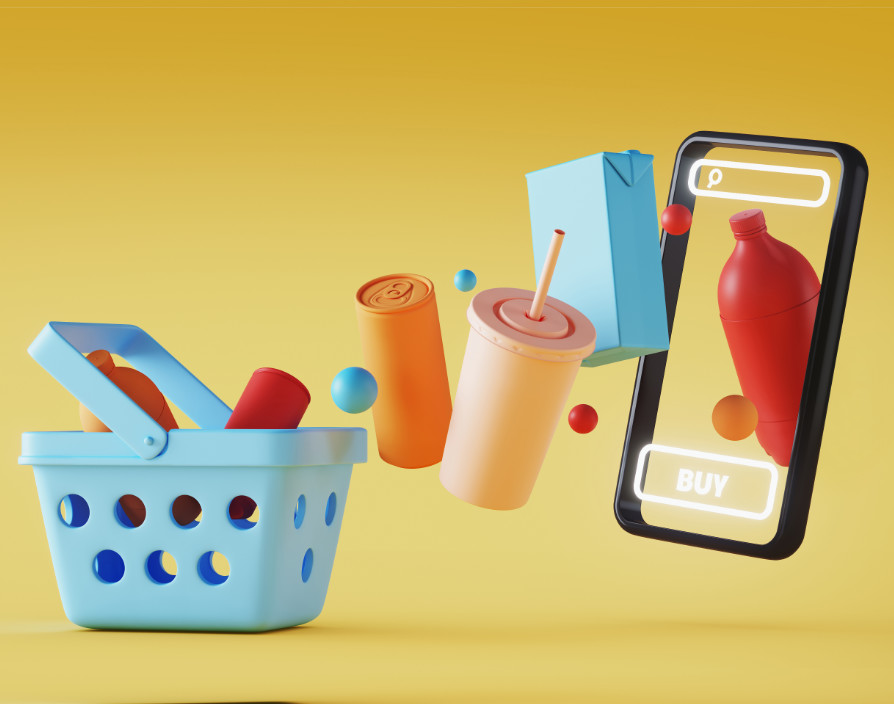Ecommerce has boomed during pandemic lockdown measures in the UK, with capability rapidly rising to meet the demand of shoppers stuck in the home across all sectors. With the halting of many services that previously relied upon brick & mortar access for customers, ecommerce has been taken up by many businesses outside of traditional online shopping sectors – and as shop closures are in some cases made permanent, ecommerce channels have become the new saviour for many business leaders.
The business awareness renaissance of the ease of ecommerce, as well as a fresh look at business viability without traditional high street presences, has set up a number of concerns over whether the new trend will continue as lockdown measures ease and more physical travel is allowed for consumers. With many businesses having fully pivoted to ecommerce solutions, will their investment continue to be viable into the future?
As lockdown roadmaps are announced and introduced, the future for businesses new to ecommerce seems bright! According to the ONS, January saw year on year online retail growth of over 70% – the largest rate of growth since March 2020. Typically, online sales in January are fairly restrained as consumers recover from Christmas. However, a lockdown announcement for the new year caused a record-breaking growth in sales, with results also far above the 3, 6 and 12-month rolling averages ‘ 46.4%, 44.9% and 41.3% respectively, according to further ONS analysis.
In further good news for businesses, online sales in the UK also accounted for more than a third of all retail sales during January despite the easing announcement. A 2021 report from Retail Economics and Natwest has even found that, since the pandemic began, 46% of UK consumers have purchased a product online that they had previously only ever purchased in store – demonstrating the consumer commitment to ecommerce shopping solutions.
Businesses anticipating a return to physical shopping experiences in the future who want to maintain their digital presence can take inspiration from a range of businesses trialing digital experiences in store, encouraging customers to interact with new tech like smart vending machines or use smartphones and QR codes to get more product details and explore lifestyle options. Even traditional retailers like M&S have begun to digitise their physical shopping experiences, becoming the first UK food retailer to incorporate on-the-spot payment in its stores in 2020.
“
Share via:


















































